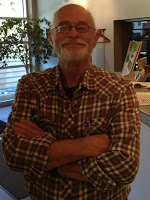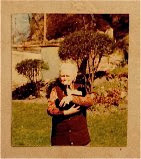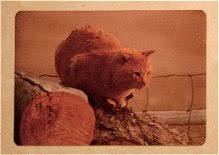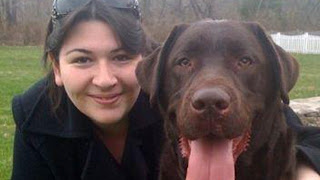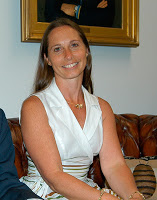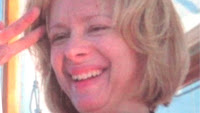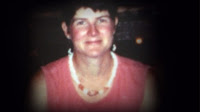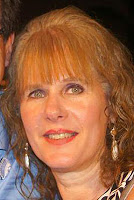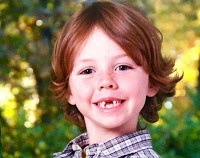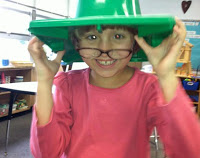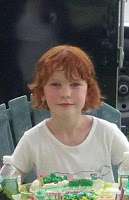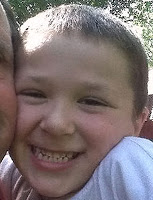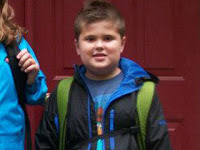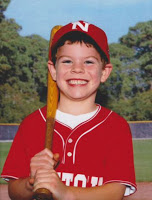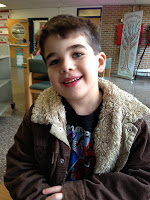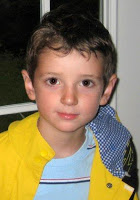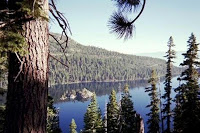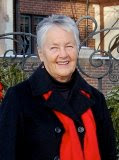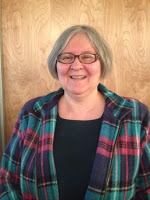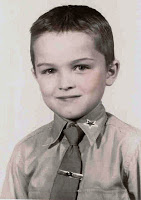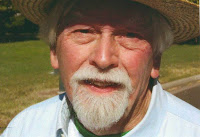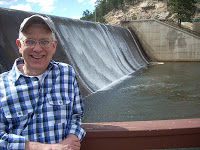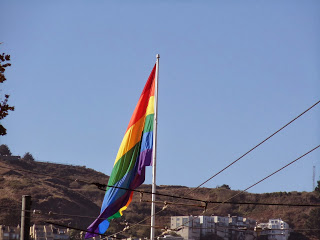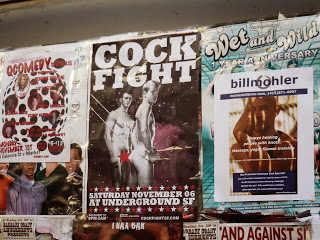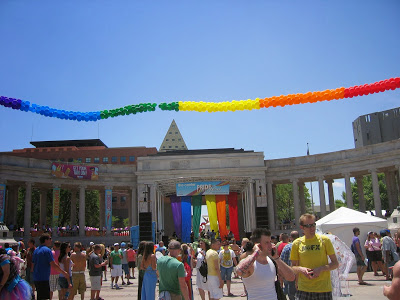THE 14 CHARACTERISTICS OF FASCISM or
WHAT CANNOT HAPPEN IN THE USA
Political scientist Dr. Lawrence Britt (“Fascism anyone?” Free Inquiry Magazine, Spring 2003, page 20) has studied the fascist regimes of Hitler, Mussolini (Italy), Franco (Spain), Suharto (Indonesia), and Pinochet (Chile) and found they all had 14 elements in common. I believe any country can fall into such an abyss, often unaware, especially when in a crisis of magnitude. We are not there at this point but we must be aware that making ourselves vulnerable through lack of present awareness and overlooking history could provide a dangerous precedent through which democracy could fall. Those of us who are aware should begin educational processes to prevent such. The characteristics listed below are a warning only. Let us be ever mindful as a nation to stave off such a calamity.
1. Powerful and Continuing Nationalism
Fascist regimes tend to make constant use of patriotic mottos, slogans, symbols, songs and other paraphernalia. Flags are seen everywhere, as are flag symbols on clothing and in public displays.
2. Disdain for Recognition of Human Rights
Because of fear of enemies and the need for security, the people in fascist regimes are persuaded that human rights can be ignored in certain cases because of “need.” The people tend to look the other way or even approve of torture, summary executions, assassinations, long incarcerations of prisoners, etc.
3. Identification of Enemies/ Scapegoats as a Unifying Cause
The people are rallied into a unifying patriotic frenzy over the need to eliminate a perceived common threat or foe; racial, ethnic, or religious minorities; liberals; communists, socialists, terrorists, etc.
4. Supremacy of the Military
Even when there are widespread domestic problems, the military is given a disproportionate amount of government funding, and the domestic agenda is neglected. Soldiers and military service are glamorized.
5. Rampant Sexism
The government of fascist nations tend to be almost exclusively male-dominated. Under fascist regimes, traditional gender roles are made more rigid. Opposition to abortion is high as is homophobia and anti-gay legislation and national policy.
6. Controlled Mass Media
Sometimes, the media is directly controlled by the government. But in other cases the media is indirectly controlled by government regulation, or sympathetic media spokespeople and executives. Censorship, especially in war-time, is very common.
7. Obsession with National Security
Fear is used as a motivational tool by the government over the masses.
8. Religion and Government are intertwined
Governments in fascist nations tend to use the most common religion in the nation as a tool to manipulate public opinion. Religious rhetoric and terminology is common from government leaders, even when the major tenets of the religion are diametrically opposed to the governments policies or actions.
9. Corporate Power is Protected
The industrial and business aristocracy of a fascist nation, often are the ones who put the government leaders into power, creating a mutually beneficial business/ government relationship and power elite.
10. Labor Power is Suppressed
Because the organizing power of labor is the only real threat to a fascist government, labor unions are either eliminated entirely, or are severely suppressed.
11. Disdain for Intellectuals and the Arts
Fascist nations tend to promote and tolerate open hostility to higher education, and academia. It is not uncommon for professors and other academics to be censored or even arrested. Free expression in the arts is openly attacked, and governments often refuse to fund the arts.
12. Obsession with Crime and Punishment
Under fascist regimes, the police are given almost limitless power to enforce laws. The people are often willing to overlook police abuses and even forego civil liberties in the name of patriotism. There is often a national police force with virtually unlimited power in fascist nations.
13. Rampant Cronyism and Corruption
Fascist regimes almost always are governed by groups of friends and associates who appoint each other to government positions and use governmental power and authority to protect their friends from accountability. It is not uncommon in fascist regimes for national resources and even treasures to be appropriated or even out-right stolen by government leaders.
14. Fraudulent Elections
Sometimes elections in fascist nations are a complete sham. Other times elections are manipulated by smear campaigns against or even assassination of opposition candidates, use of legislation to control voting numbers or political district boundaries, and manipulation of the media. Fascist nations also typically use their judiciaries to manipulate or control elections.
REMEMBER, GEORGE- GOD DON’T LIKE UGLY
“There are six things which the Lord hates, seven which are an abomination to Him:
1. Haughty eyes
2. A lying tongue
3. Hands that shed innocent blood.
4. A heart that devises wicked plans
5. Feet that make haste to run to evil
6. A false witness who breathes out lies.
7. A man who sows discord among brothers.”
–The Book of Proverbs—
About
the Author
“I’m just a guy from Tulsa (God forbid). So overlook my shortcomings, they’re an illusion.”
